Let’s talk mitochondria—the microscopic powerhouses living inside almost every cell in your body.
You might remember them from high school science class as “the powerhouse of the cell.” But what your biology teacher probably didn’t tell you is just how much your health depends on them—from energy and metabolism to mood, hormones, inflammation, and even how quickly (or slowly) you age.
When your mitochondria are thriving, you feel it: more energy, sharper focus, better sleep, and quicker recovery. But when they’re sluggish or overwhelmed? Fatigue, brain fog, hormone imbalances, and slow healing start creeping in.
And here's the kicker: your mitochondrial health naturally declines as you age—but modern life (stress, processed food, lack of movement, poor sleep) speeds that up.
The good news? You can actively support your mitochondria, and it doesn't require a complete life overhaul.
Signs Your Mitochondria Might Be Struggling
If you’re experiencing any of the following regularly, your mitochondria may need some love:
-
Persistent fatigue, even after sleep
-
Brain fog or poor concentration
-
Slow metabolism or unexplained weight gain
-
Muscle weakness or soreness after mild exertion
-
Poor stress resilience
-
Sleep disturbances
-
Early signs of aging (low energy, fine lines, sluggish recovery)
What Do Mitochondria Actually Do?
Mitochondria are the tiny factories inside your cells responsible for producing ATP (adenosine triphosphate), which is your body’s main energy currency. But they also:
-
Regulate metabolism
-
Control inflammation
-
Influence hormone production (including estrogen, cortisol, and thyroid hormones)
-
Support brain and nerve function
-
Handle detoxification and cell repair
Think of them as the engines in your car. If your engine is in good condition, your car (aka, your body) runs smoothly. If the engine is clogged, damaged, or neglected—things break down.
How to Fuel Your Mitochondria (And Why It Matters)
Feed Your Cells with the Right Nutrients
Mitochondria need real, whole-food fuel—not ultra-processed "energy" drinks.
Focus on:
-
Healthy fats – avocado, olive oil, flax, chia, nuts, oily fish (fats are crucial mitochondrial fuel)
-
Quality protein – supports repair and energy enzymes (think: legumes, eggs, grass-fed meats, hemp, quinoa)
-
Colourful vegetables – rich in antioxidants that protect mitochondria from oxidative damage
-
Mineral-rich greens – spirulina, chlorella, barley grass, moringa
- Magnesium – Required in over 300 enzymatic reactions, including ATP production
Forest Super Tip: Our Lion’s Mane, Cordyceps, and Ashwagandha blends are powerful mitochondrial allies—supporting energy, focus, and adrenal balance at the same time.
Use Adaptogens to Buffer Stress
Mitochondria are sensitive to stress—especially chronic cortisol spikes.
Adaptogenic herbs like: Ashwagandha, Rhodiola and Cordyceps are supportive for mitochondrial health Try combining Ashwagandha + Cordyceps for the ultimate adaptogenic support—morning for energy, evening for calm.
Move Your Body (Intelligently)
Movement tells your body, “Hey, we need more energy!”—and in response, your body makes more mitochondria.
Try:
-
Walking daily – low impact but highly restorative
-
Strength training – supports mitochondrial density and bone health
-
Short bursts of intensity – like HIIT or intervals (if your energy allows)
-
Stretch, rest, breathe – recovery is where the magic happens
Get Sunlight & Sleep
-
Morning light supports circadian rhythm, which is tightly linked to mitochondrial health
-
Aim for 7–9 hours of sleep—deep sleep is when cellular repair happens
Minimise screens at night and support melatonin production naturally
Struggling with sleep? Herbs like reishi, magnesium, or a nighttime Ashwagandha latte can be deeply supportive.
Australian Freeze Dried SpirulinaA powerful supplement for your health and wellness. Order Now |
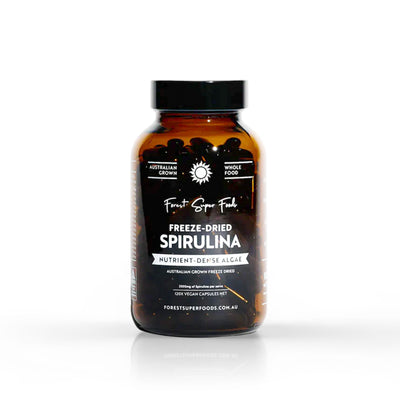
|
Frequently Asked Questions
What does Lion's Mane do for the body?
Lion's Mane (Hericium sp.) is a functional mushroom traditionally consumed as part of a healthy diet. It is valued for its unique nutritional profile and is often chosen to support overall wellbeing, productivity, and mental clarity.
Is Lion's Mane legal in Australia?
Yes, Lion's Mane is completely legal in Australia.
What are the side effects of Lion's Mane?
Lion's Mane is generally well tolerated, but some people may experience mild digestive upset or skin irritation. As with any supplement, it's best to consult your healthcare provider if you have allergies or are taking any regular medications.
Which is better – Lion's Mane or Ashwagandha?
It depends on your goal. Lion's Mane is valued for its role in focus, mental clarity, and reducing brain fog while Ashwagandha is great for reducing stress and anxiety to support a calmer mood.
Will Lion's Mane make me sleepy?
Lion's Mane is not a sedative and typically won't make you feel drowsy — in fact, many people report enhanced mental clarity and alertness when taking it.



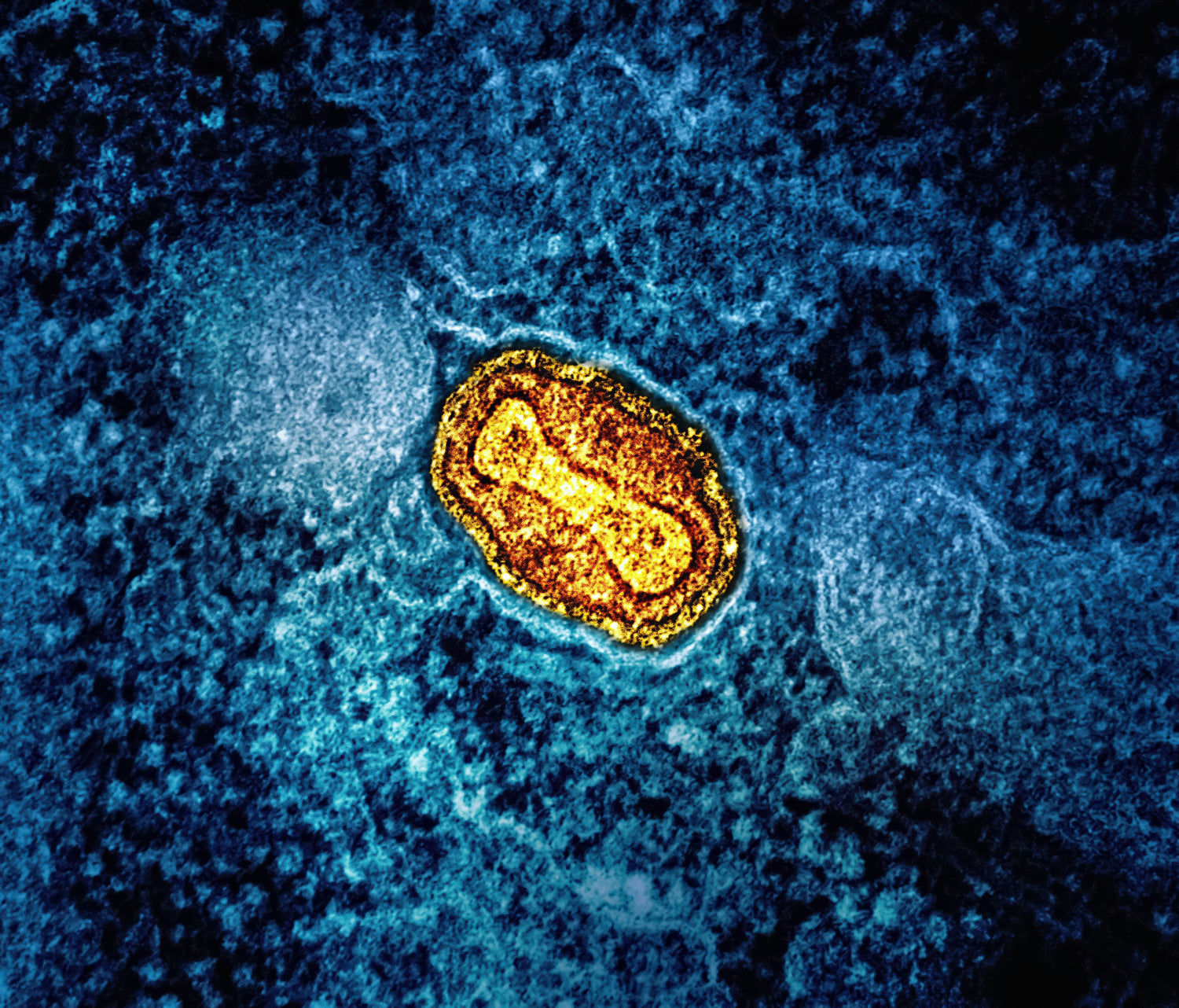


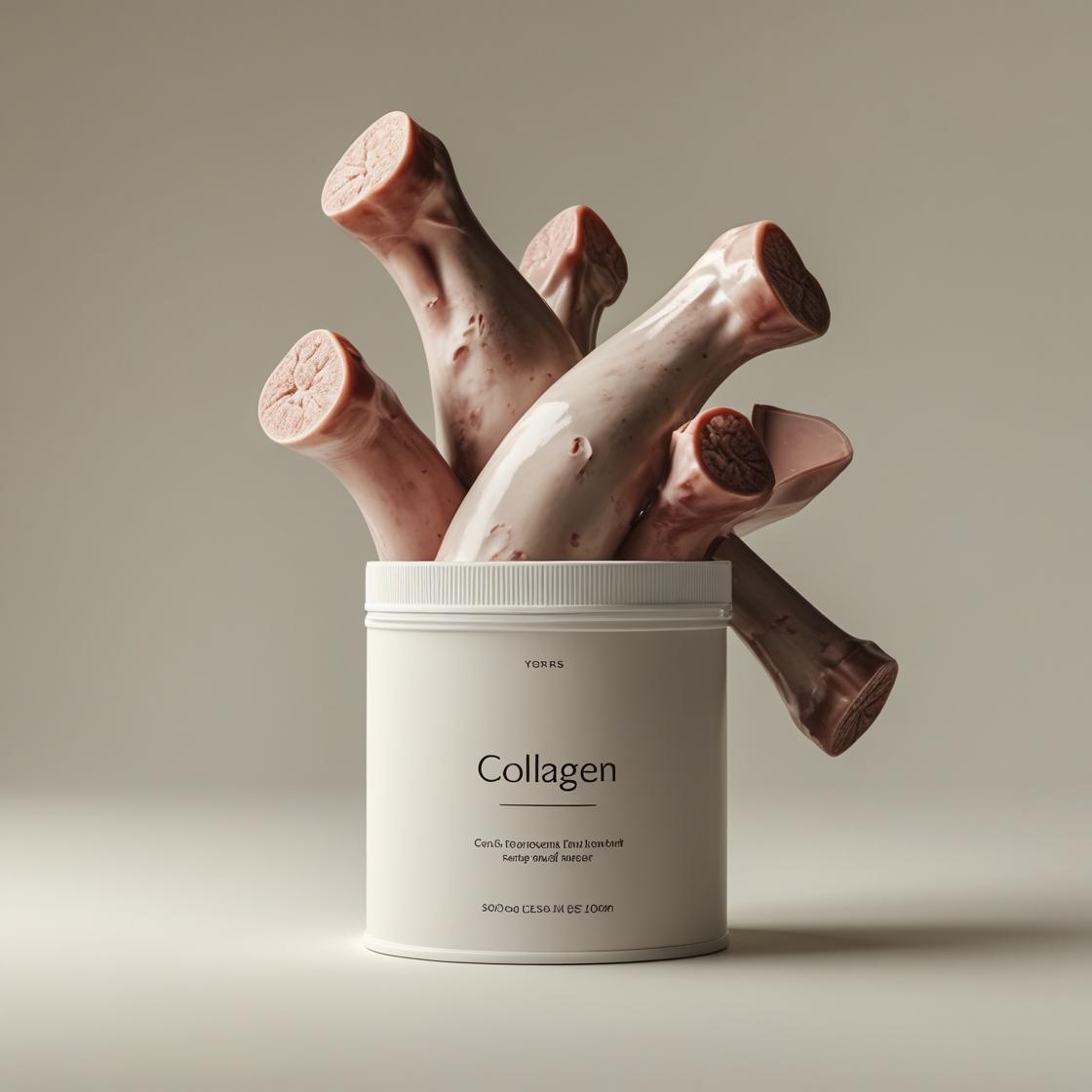
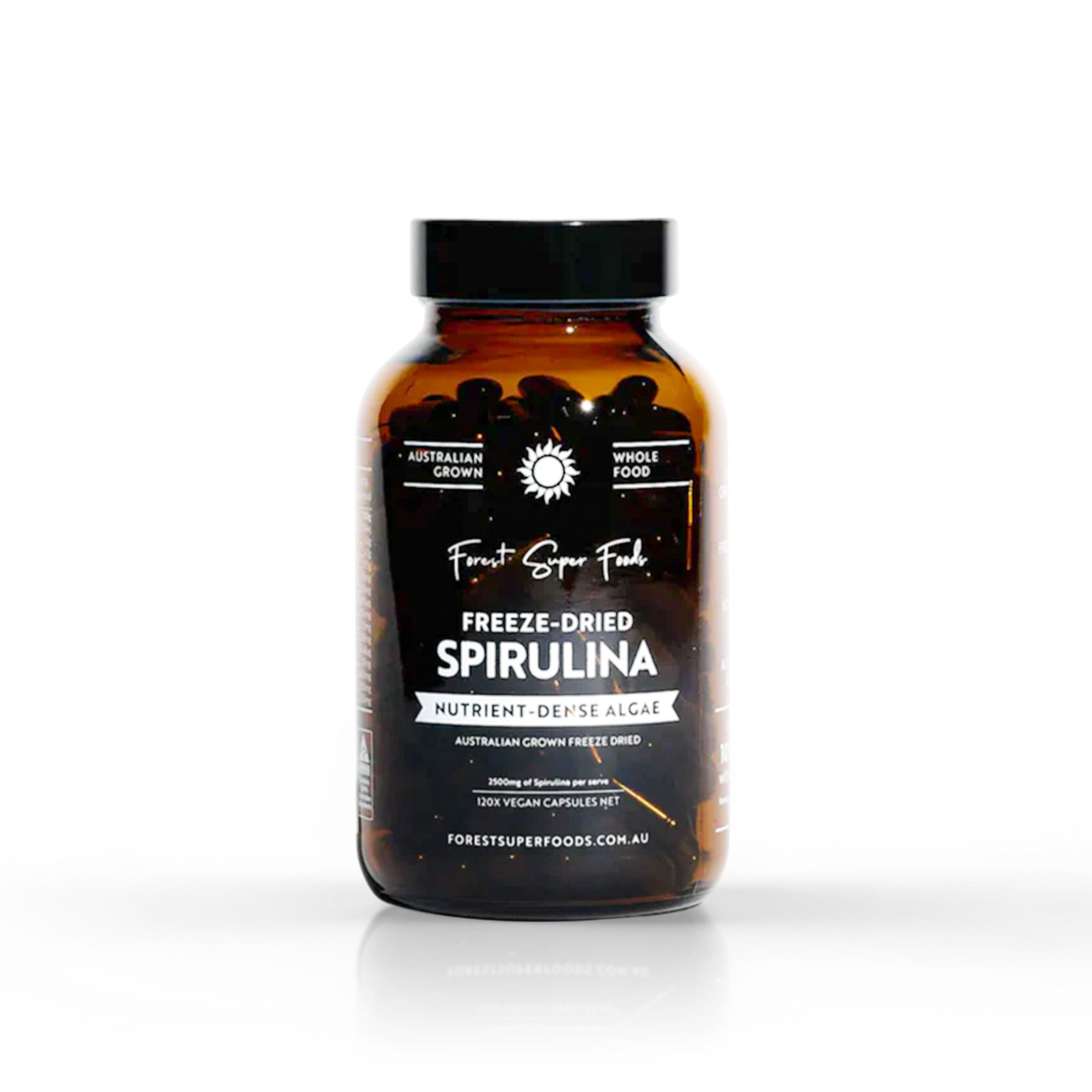
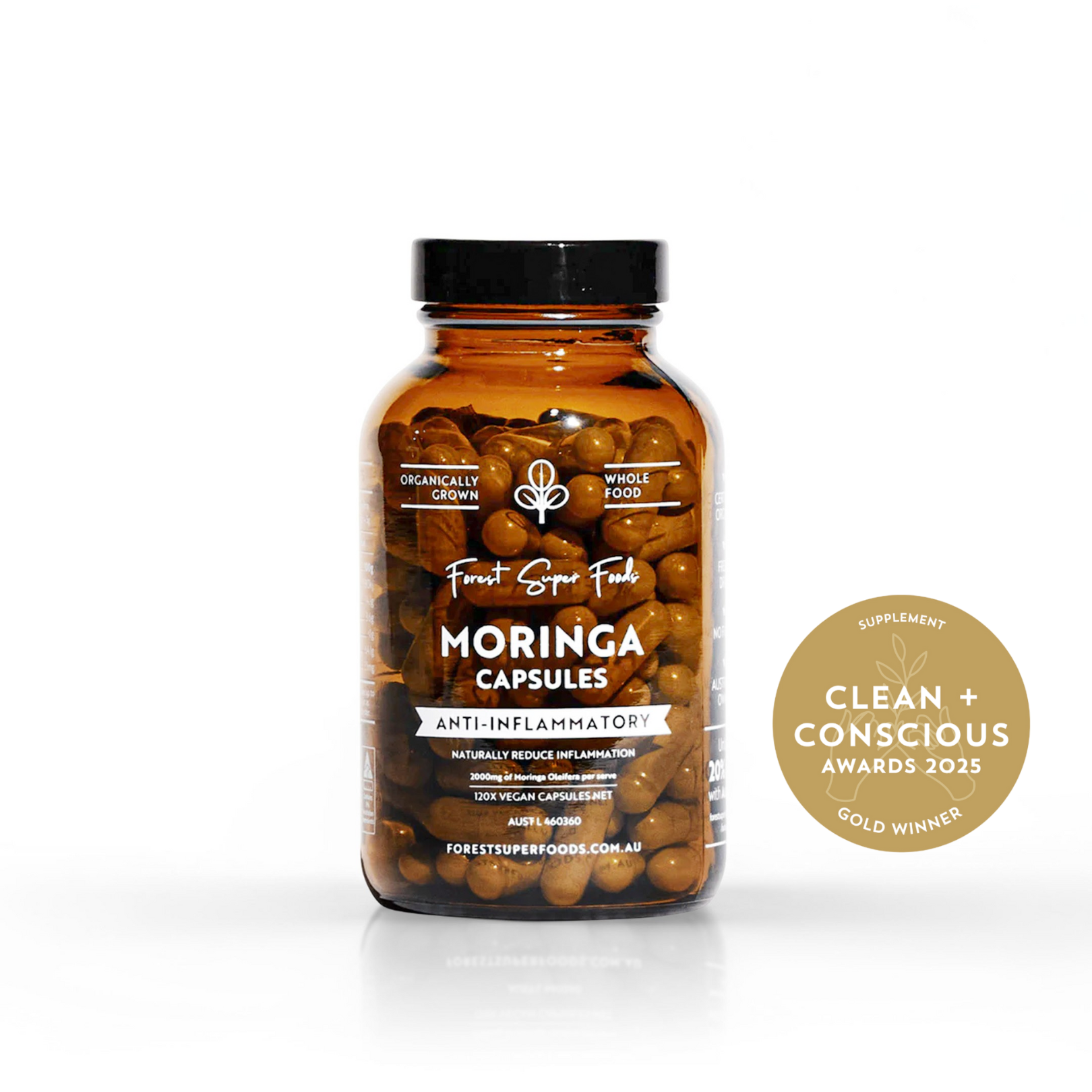

Leave a comment
All comments are moderated before being published.
This site is protected by hCaptcha and the hCaptcha Privacy Policy and Terms of Service apply.